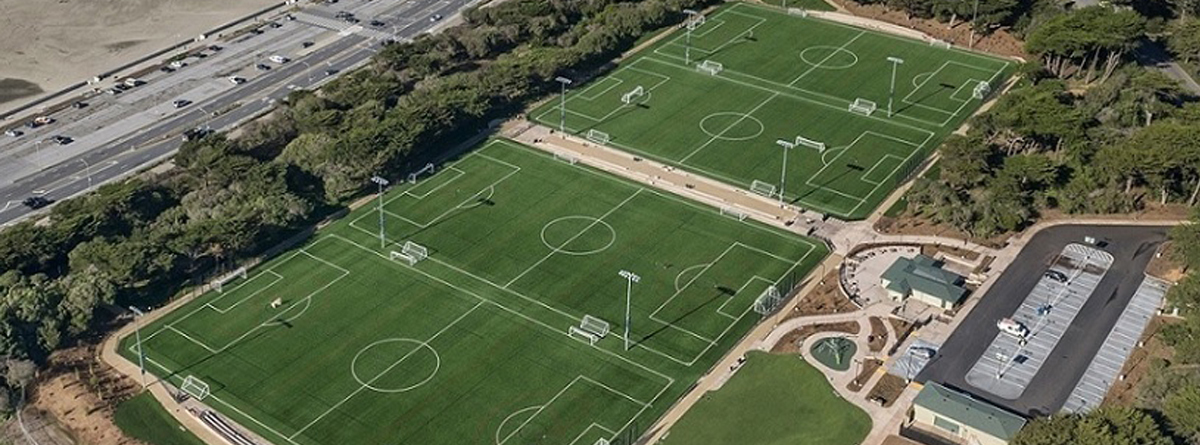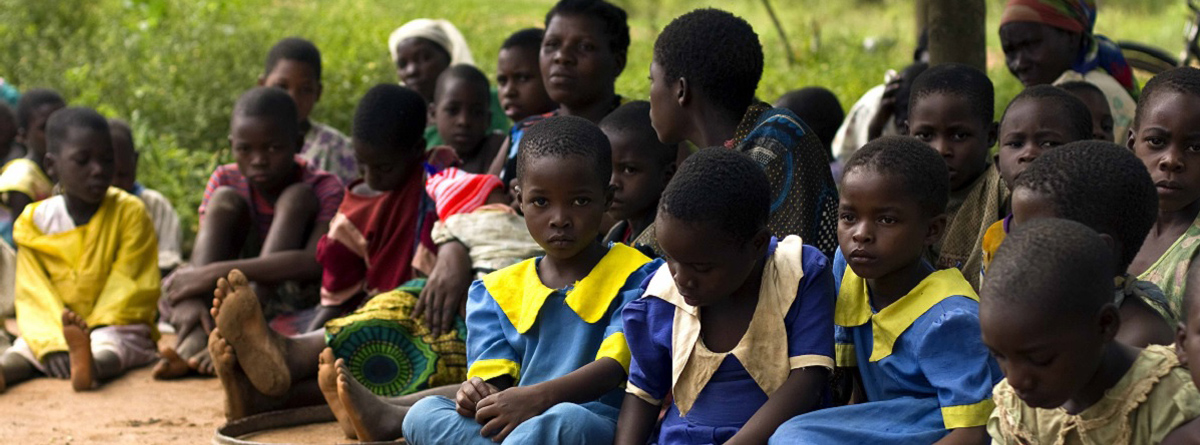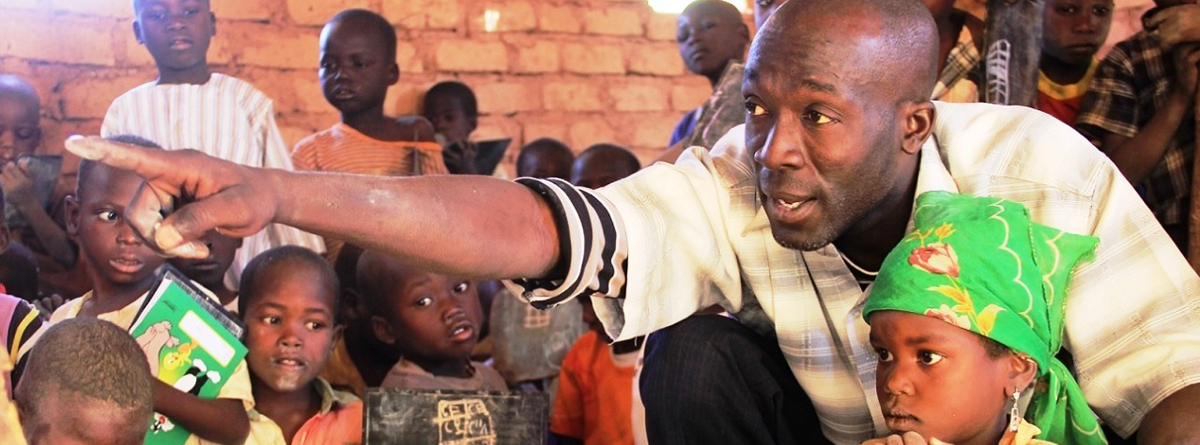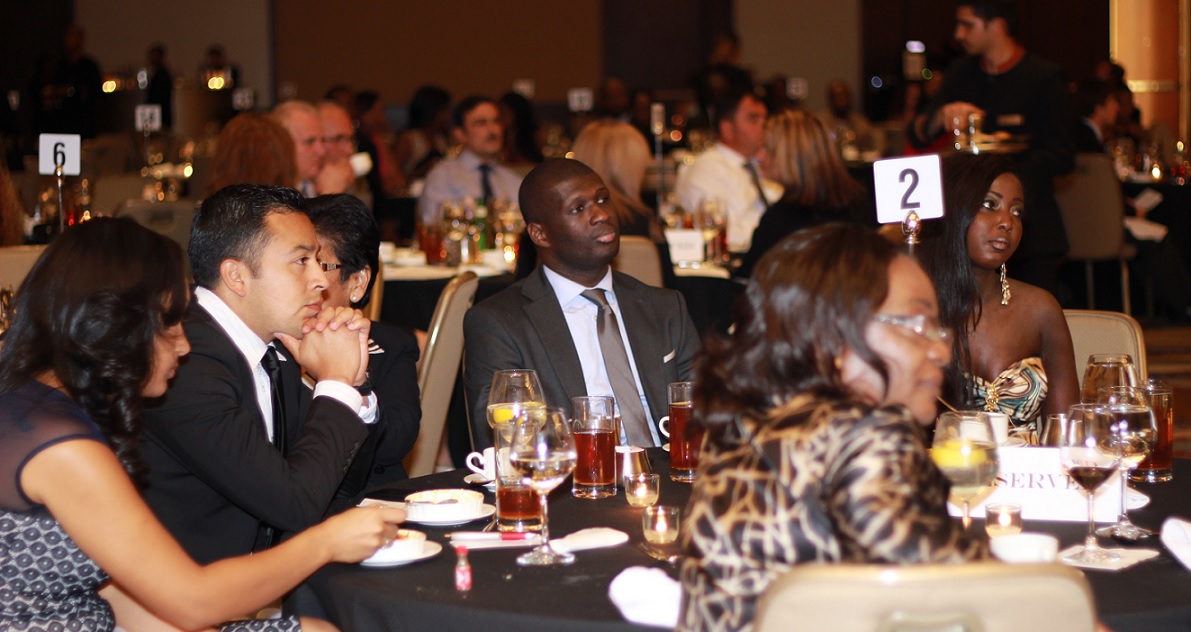
Complete guide to all 622 players


Everything you need to know (and more) about every squad member in Germany. Click on the player pictures for a fuller profile and match ratings
Cameroon
Since gaining independence on January 1st, 1960, Cameroon has increasingly prioritized the development of education and the eradication of illiteracy as a strategy of promoting development and social empowerment. At the same time for over the past five decades the school system is inevitably affected by the social and economic environments in which they operate. The region needs schools to sustain its needs and keep our promises made to children around the world. The Diaspora Global Initiative has completed its first school in Metango, a neighborhood minutes from the city of Yaoundé. The three-story earthquake resistant building is comprised of 12 small set classrooms to accommodate 300 K-6 Elementary School age children.
Our Soccer League
This is the lifeblood of our Organization. It involves our soccer leagues in 20 majors US metro areas and Canada with players and students that involve 200 Diaspora Countries, 400 Teams and 10,000 Players. This is the cornerstone of our foundation. According to the US Department of State, the Diaspora Immigrant community in the US has soared in the last two decades. To that end, many of those communities which are now part of the American melting pot are becoming more and more homogeneous to share a common goal to improve the world. Changing and improving the world for the better through soccer is one of the main reasons we founded the Diaspora World Cup. We strongly believe soccer is a powerful tool for Education and Development.
A Player for a Student
At the same time, we have 62 million girls are not in schools in the developing world and that�s the bad news. It is a huge challenge humans can no longer ignore. We knowthat educating children particularly young girls can transform lives, families, and entirecountries. Each player in our network in the United States and Canada has a user power and responsibility to be for someone by simply playing for a team.
Work In Progress
Major progress has been made towards increasing access to education by major power such as the United Nations at all levels and increasing enrolment rates in schools. Basicliteracy skills have improved tremendously, yet bolder efforts are needed to make even greater strides for achieving universal education goals. One of those efforts is our major goal to build schools in the world�s poorest countries. This is just the beginning of our journey. We are in a mission to eradicate illiteracy around the world�s poorest countries through the Power of the Soccer Game.










